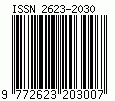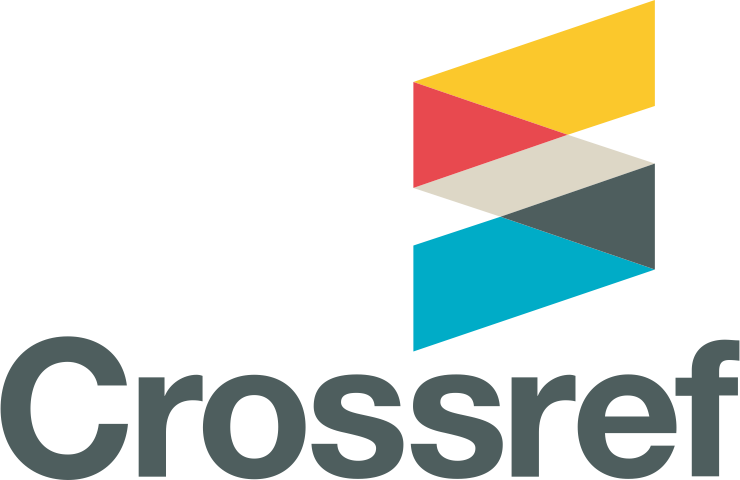EVALUASI KOMPETENSI DAN DAMPAK PELATIHAN GREEN SHIPPING PADA AWAK KAPAL
DOI:
https://doi.org/10.33556/jstm.v25i2.491Abstract
The global maritime industry's transition towards sustainable operations, or green shipping, is driven by increasingly stringent international regulations and heightened environmental awareness. However, the success of this transition critically depends on the readiness and competence of its frontline human resources: the ship's crew. This research aims to evaluate the implementation of a specialized green shipping training program for seafarers, focusing on competency needs analysis and the measurement of its impact on operational performance. Utilizing a mixed-methods research design anchored in the Kirkpatrick Model of Evaluation, this study integrates quantitative data from pre- and post-training assessments and operational Key Performance Indicators (KPIs) with qualitative data from surveys and in-depth interviews. The findings indicate that the structured training significantly enhanced crew knowledge of energy efficiency regulations (EEXI and CII), technical skills in operating energy-saving technologies such as trim optimization software, and the application of more efficient operational behaviors on the job. Quantitatively, the training implementation demonstrated a measurable positive impact on operational performance, including a reduction in average fuel consumption, improved transit time efficiency, and lower operational costs per nautical mile. This study provides robust empirical evidence that investment in human capital through training is a crucial and strategic element for achieving regulatory compliance, competitive advantage, and decarbonization goals in the shipping industry.
Downloads
Published
Issue
Section
License
Authors who publish with this journal agree to the following terms:Authors retain copyright and grant the journal right of first publication with the work simultaneously licensed under a Creative Commons Attribution License that allows others to share the work with an acknowledgement of the work's authorship and initial publication in this journal.
Authors are able to enter into separate, additional contractual arrangements for the non-exclusive distribution of the journal's published version of the work (e.g., post it to an institutional repository or publish it in a book), with an acknowledgement of its initial publication in this journal.
Authors are permitted and encouraged to post their work online (e.g., in institutional repositories or on their website) prior to and during the submission process, as it can lead to productive exchanges, as well as earlier and greater citation of published work (See The Effect of Open Access).







